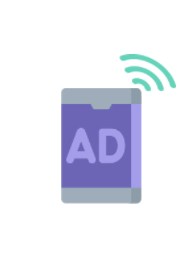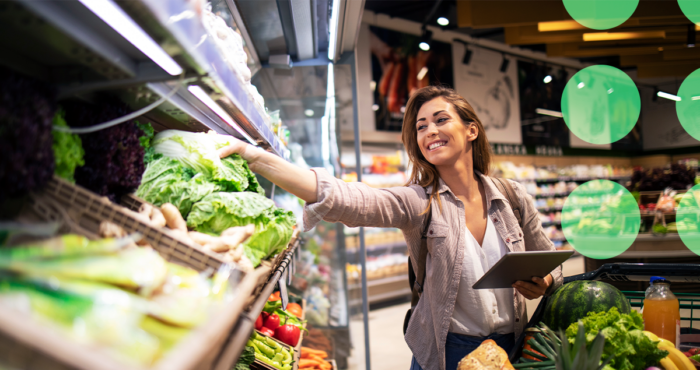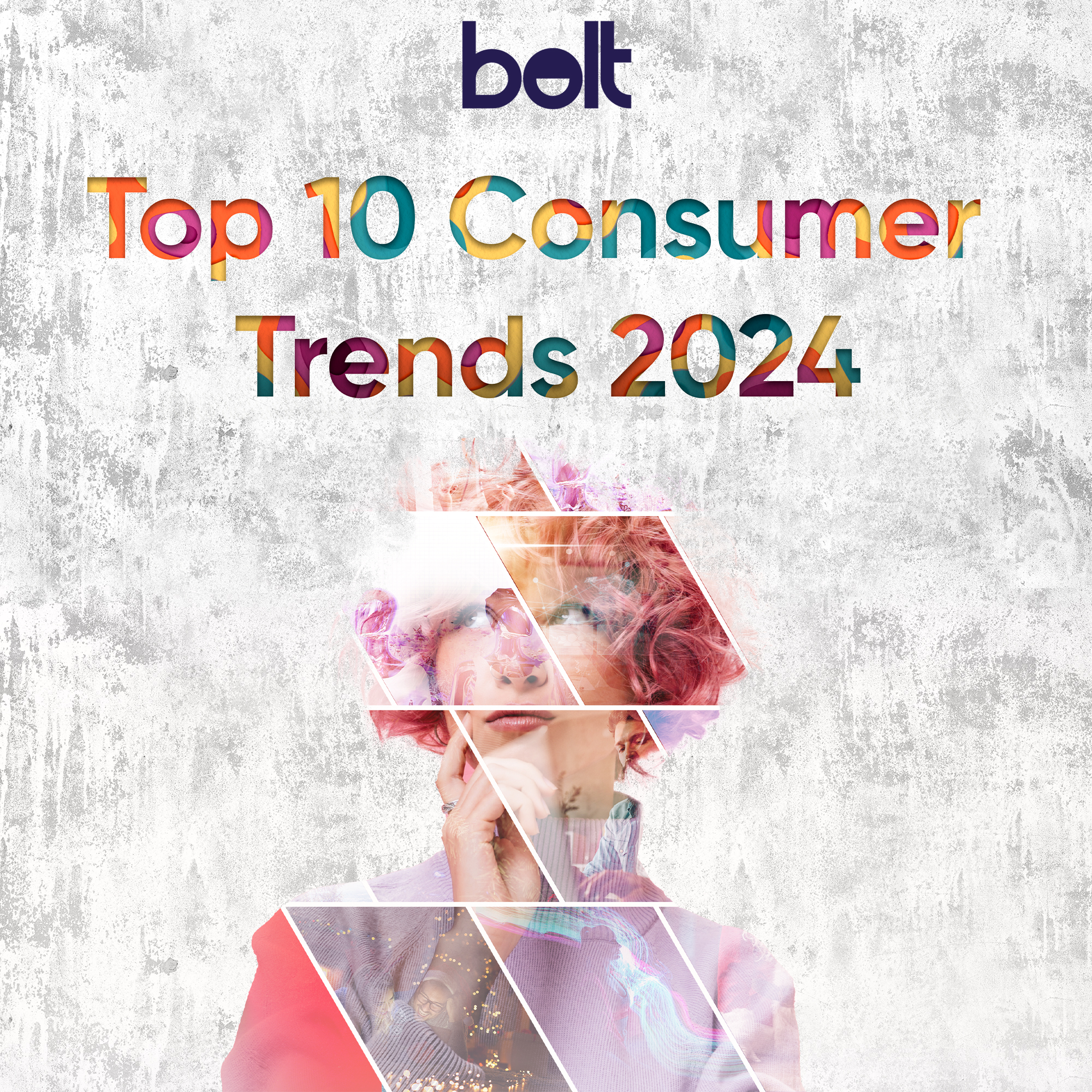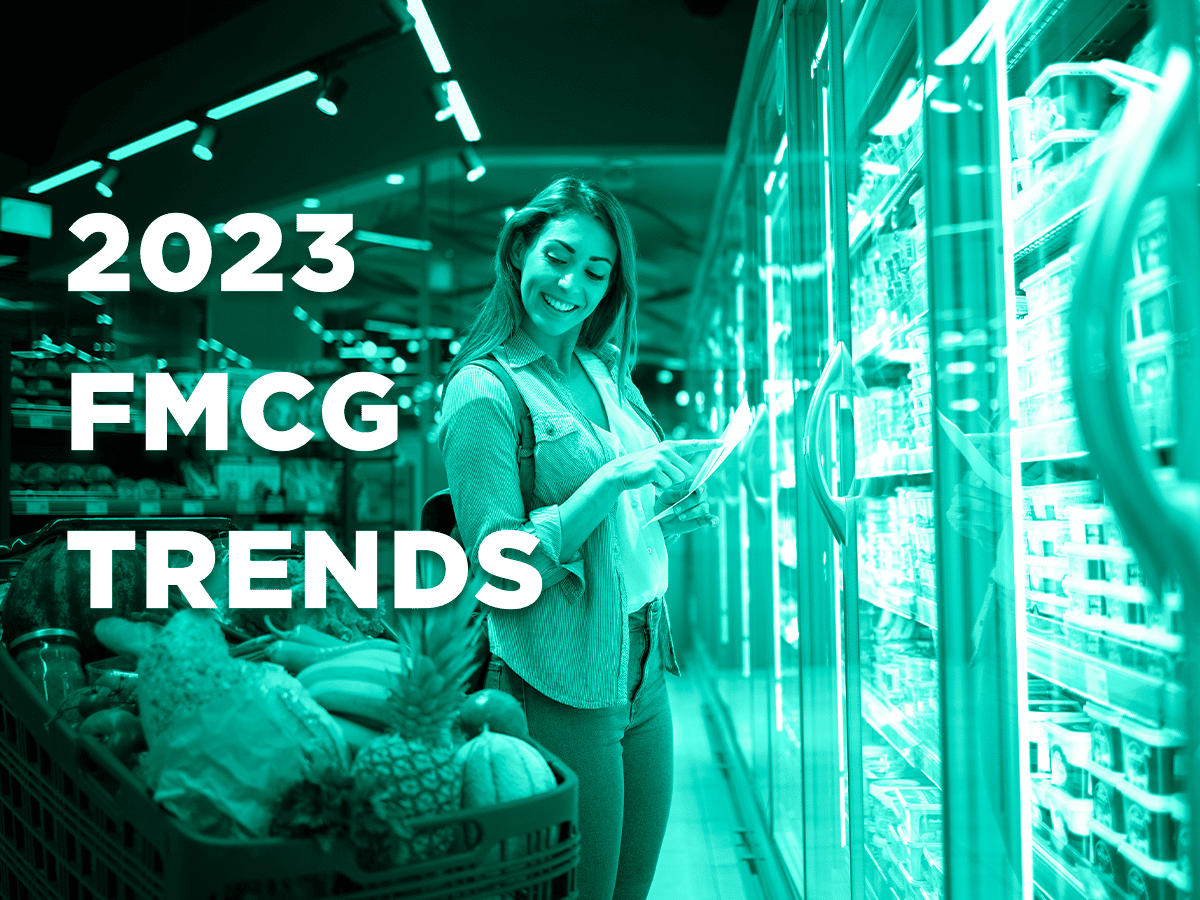
For a couple of years now, the FMCG industry has been generating reliable growth and return on investment for brands and retailers across the sector. But despite being one of the few sectors that’s been able to grow even in the COVID-19 crisis. the recent sharp shifts in consumer behaviours, buying habits, and demographics, alongside fast-changing trends, meant 2022 was still a rough year for FMCG brands.
With a global recession on the doorstep and the world seeing unprecedented rises in costs of living, the fast-moving consumer goods industry is set to see major shifts and challenges in 2023.
To understand the nuances in the future of the FMCG industry, we’ll evaluate the current FMCG industry trends, and then share our predictions for 2023.
We’ll also explain exactly how to utilise qualitative and quantitative research to understand consumers in the FMCG market, and gather quality, actionable insights to make informed business decisions.
Let’s get started!
The 2022 FMCG Trends That Shaped the Industry
The rising prices of FMCG products, increased costs of living, high inflation rates, and ongoing social upheaval prompted by the pandemic all added up to one thing: consumers who are thriftier than ever before. And this has been compounded by global logistics operations and supply chains experiencing a variety of challenges over the last few years – due to lockdowns, national emergencies, and shortages in raw materials.
These fluctuations in consumer behaviours and operations have directly affected the fast-moving consumer goods market. According to Clarkston Consultancy’s recent research, these factors increased the need for more direct-to-consumer channels and the need for a deeper understanding of consumer behaviours to evaluate purchasing decisions.
Let’s take a closer look at the trends that shaped the FMCG industry in 2022.
1. Rising Need for More D2C and Digital Channels
As the pandemic pushed the digital maturity of consumers several years into the future, and Gen-Z entered the scene as the biggest consumer group, the FMCG industry has shifted towards more digital and direct-to-consumer channels.

Today’s consumers are more likely to engage with FMCG brands in a multichannel way instead of through simple retail interactions. In fact this year, online grocery sales rose 17% in the US alone. Consumers aren’t going to stop online shopping in the years ahead, and will increasingly rely on eCommerce channels for their FMCG shopping.
For an FMCG company to survive and grow in these challenging times, acquiring a more consumer-centric marketing strategy which delivers more personalised, consistent, and rich experiences through both digital and traditional channels, will become even more essential.
2. Ethical & Sustainable Shopping as a Priority
For over a decade, the desire for more ethical and sustainable products and environmentally conscious practices has been on the rise. As buying power has slowly shifted from millennials to Gen-Z, and the world encountering an uptick of climate related natural disasters, sustainability concerns have accelerated steadily over the last few years.
Today’s consumers are eager to change their dietary habits to more plant-based, sustainable options. According to FMCG Gurus 2022 Industry report, most consumers in the market expect FMCG brands to mirror these concerns.
Last year, 41% of internet users worldwide ditched a product or service from brands that violated environmental and ethical values. This shows that sustainable and ethical shopping is gaining more importance and traction for consumers across markets.
3. Health and Wellness Staying as One of the Main Motivations
The pandemic fuelled an already rising interest in wellness and well-being, and turned these into primary drivers in consumers’ purchasing decisions. Today’s shoppers have a proactive and preventative approach to health, in which they look for FMCG products with more nutritional benefits and healthier alternatives.
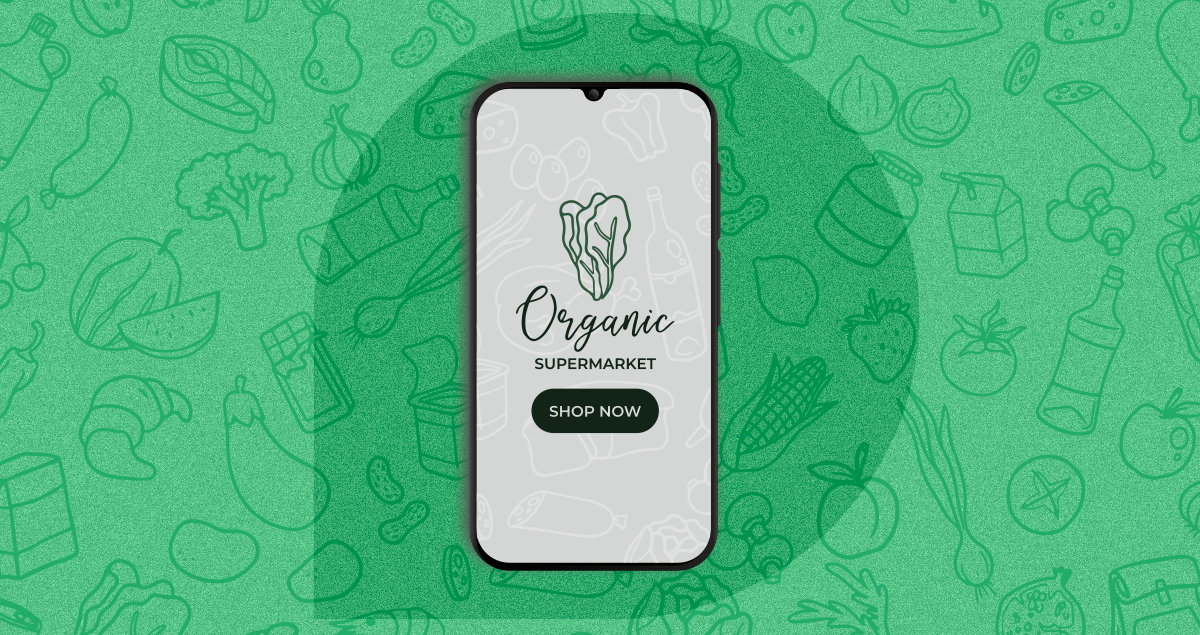
A survey conducted by Nielsen revealed that during the last years, nearly half of global consumers made more proactive health and wellness choices to live longer, healthier lives, and avoid preventable diseases.
This shift affected attitudes towards various product categories in the FMCG market. Most customers took a greater interest in foods and beverages that boost their health beyond basic nutrition, started avoiding dairy products, and switched to vegan or plant-based diets due to health concerns. In fact in total the number of vegans has increased by 40% since 2020 in the UK.
4. Increasing Demand for Conscious Indulgences
Today’s consumers want moments of enjoyment and escapism that do not conflict with their health goals or wallets. While taste and enjoyment remain the primary reason why people turn to FMCG products, there will be increasing demand for more conscious and affordable products that offer moments of indulgence and a genuine experience.
Future Predictions for FMCG Trends in 2023
2022 was an exciting year of change and growth for the fast-moving consumer goods industry. To maintain growth and customer retention, FMCG companies have needed to adopt more innovative practices, understand the shift in shoppers’ motivations, and keep up with external factors like inflation and supply chain challenges.
Now we’ve evaluated the current situation in the FMCG industry, let’s move on to the key predictions for 2023.
Consumer Priorities Will Shift
Over the last two years, consumers’ priorities while shopping for FMCG products have shifted to more health and wellness-related options. With inflation rates and ongoing concerns regarding a global recession on the rise, it looks like shoppers will adjust their buying decisions and spending habits to make both more healthy and affordable choices.
The Internet of Packaging Will Become an Issue
With the FMCG industry increasingly needing to package consumer journeys in a more digital and technological way in 2023, it’s expected that more innovative and digital solutions, like The Internet of Packaging, will become a competitive advantage for FMCG companies.
The Internet of Packaging will be vital in allowing FMCG brands to function at full capacity, maximise consumer reach and bring innovative shopper experiences to life.
Selective Shopping Habits Will Increase
As a result of current economic conditions and health concerns, over the next few years, consumers shopping behaviour will shift to embracing a more selective mindset.
Nielsen’s study shows that nowadays many consumers are switching to buying lower-quality items, preferring to shop at discount stores and traditional trade outlets. Selective shopping habits will be increasingly popular across all consumer groups, even those with high incomes.
Understanding Consumers’ Will Be Key to Sustainable Growth
The fast-changing dynamics in the industry and shifting consumer preferences show that – to maintain growth in the FMCG industry – companies will need to gather information and collect reliable, actionable insights. This will be key to ensure brands aren’t wasting their time and money, continue to provide unique experiences for their consumers, and make tactical and informed product development and innovation decisions.
This is where market research steps in. Conducting quantitative or qualitative research enables FMCG brands to spot key opportunities in their target market, test product ideas, evaluate the overall performance of marketing campaigns, and track and benchmark brand reputation.
If you want to gain a competitive advantage in the FMCG sector by sitting next to your consumers, our market research solutions are here to help you innovate in real time.
At Bolt Insight, we put human insights at the heart of market research processes, and use a social media-based behavioural targeting strategy to help you speak to precisely the right audiences. That’s our mission – and it’s what we stand for.
Need more information? Feel free to contact us to discover Bolt Insight solutions!





